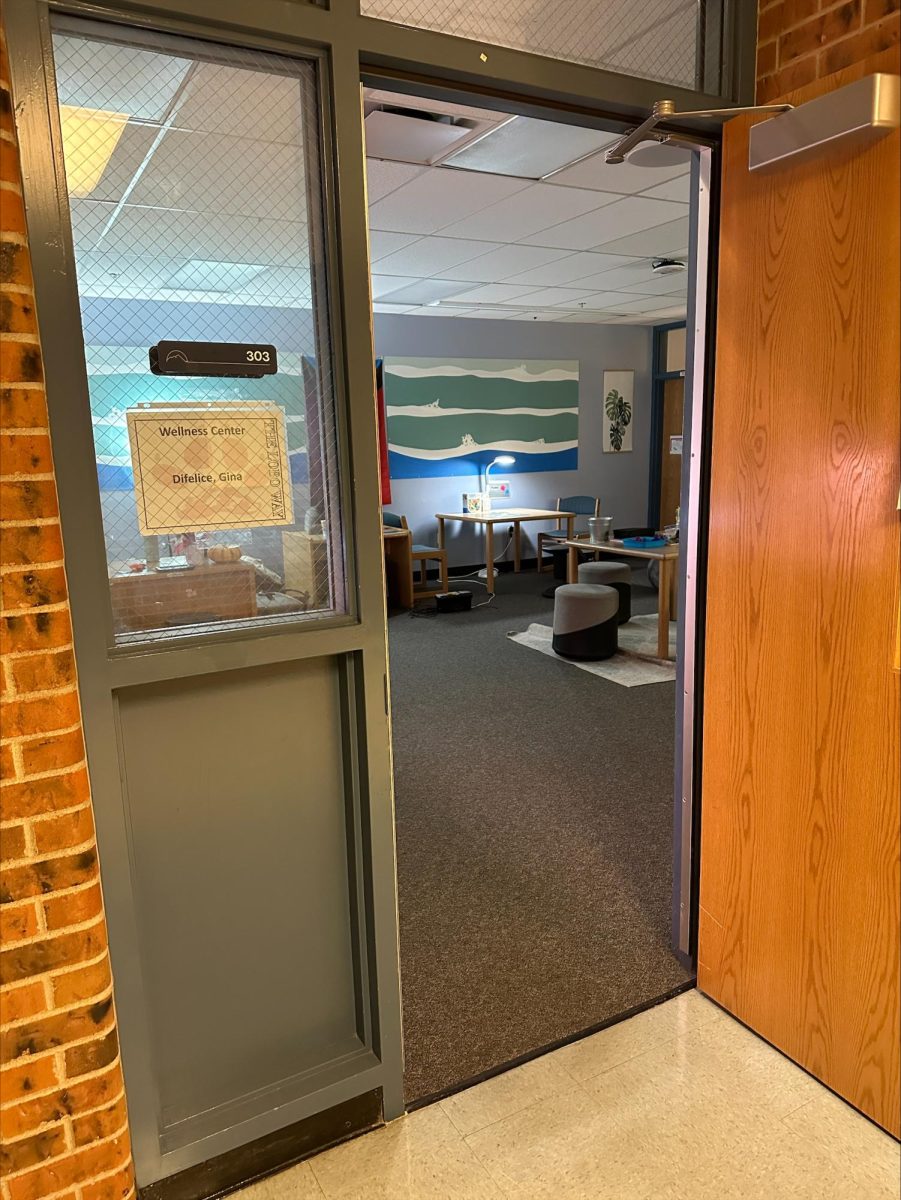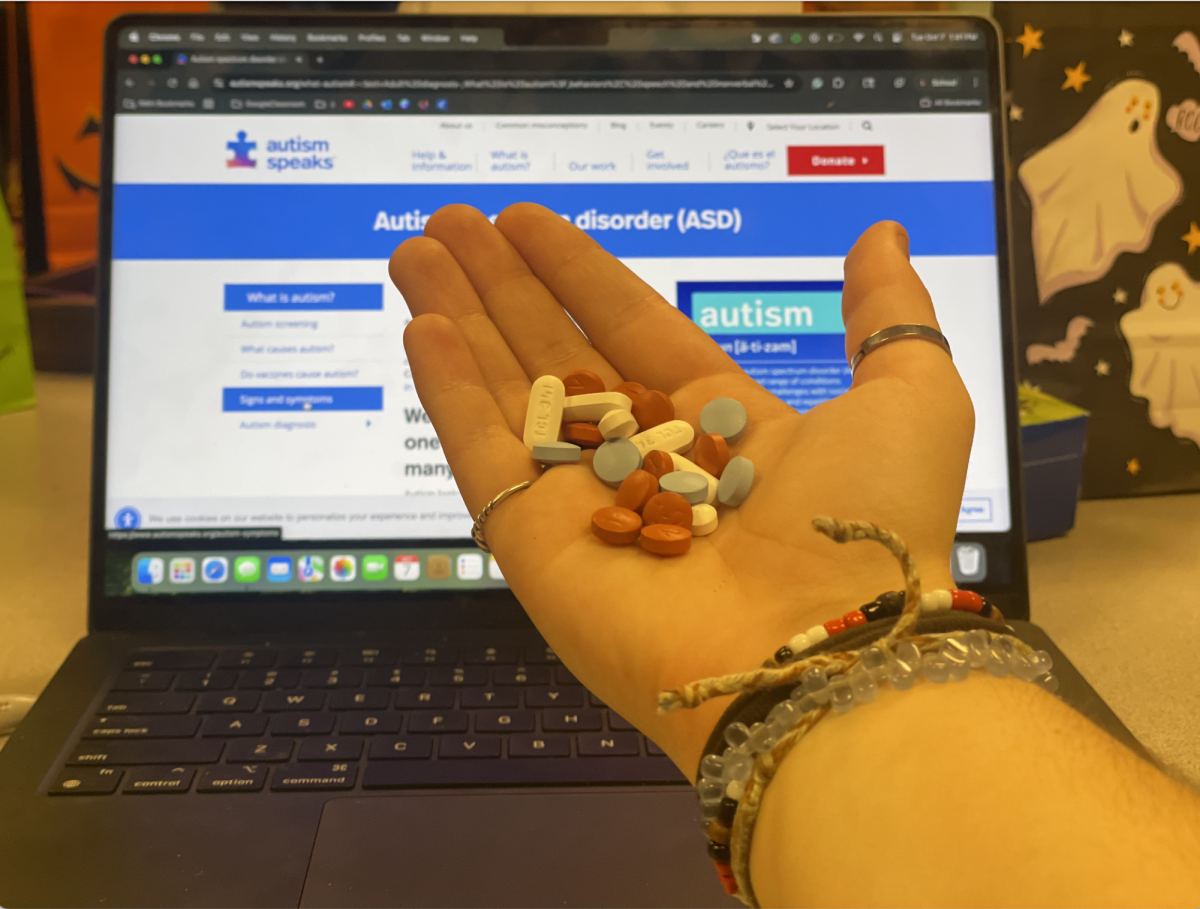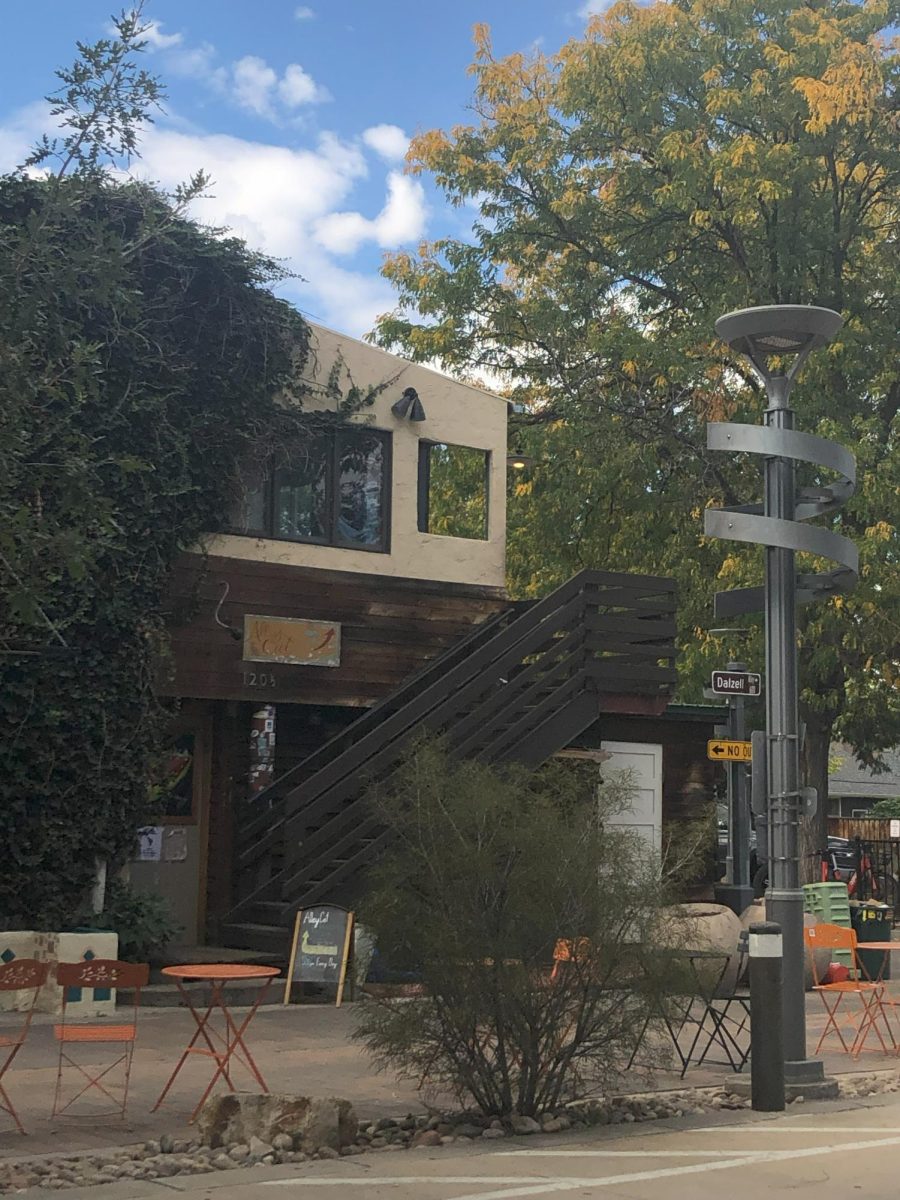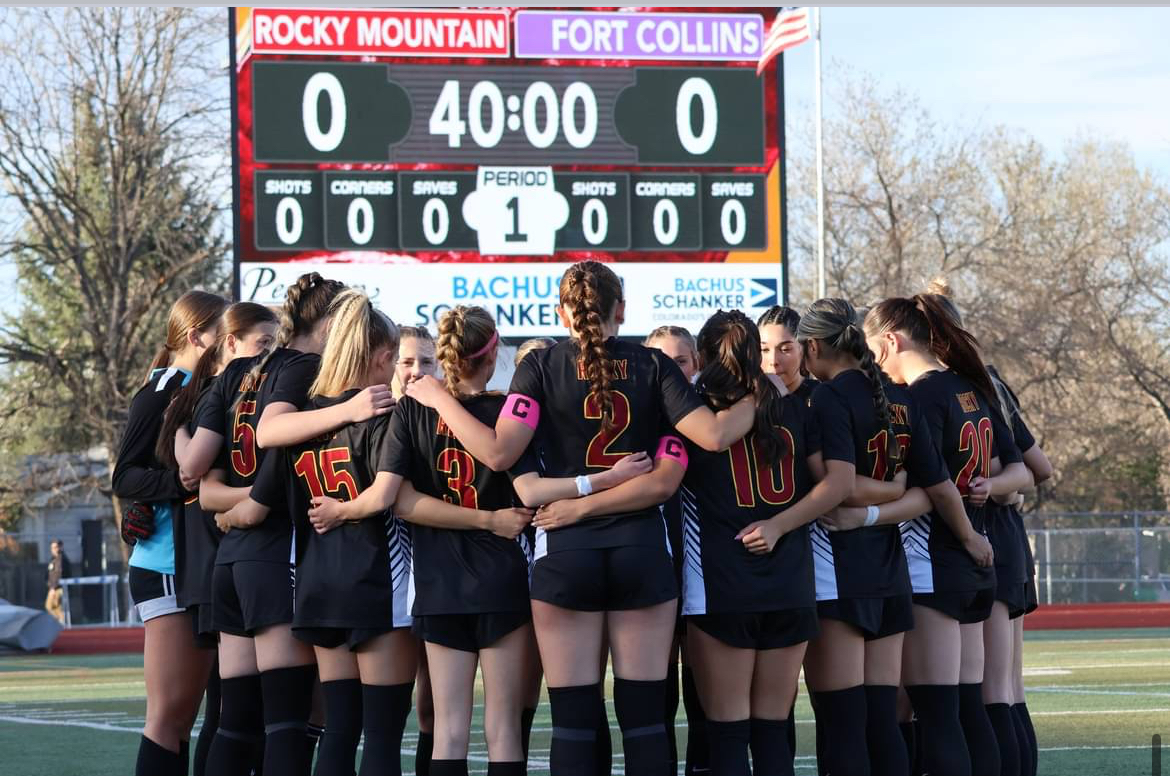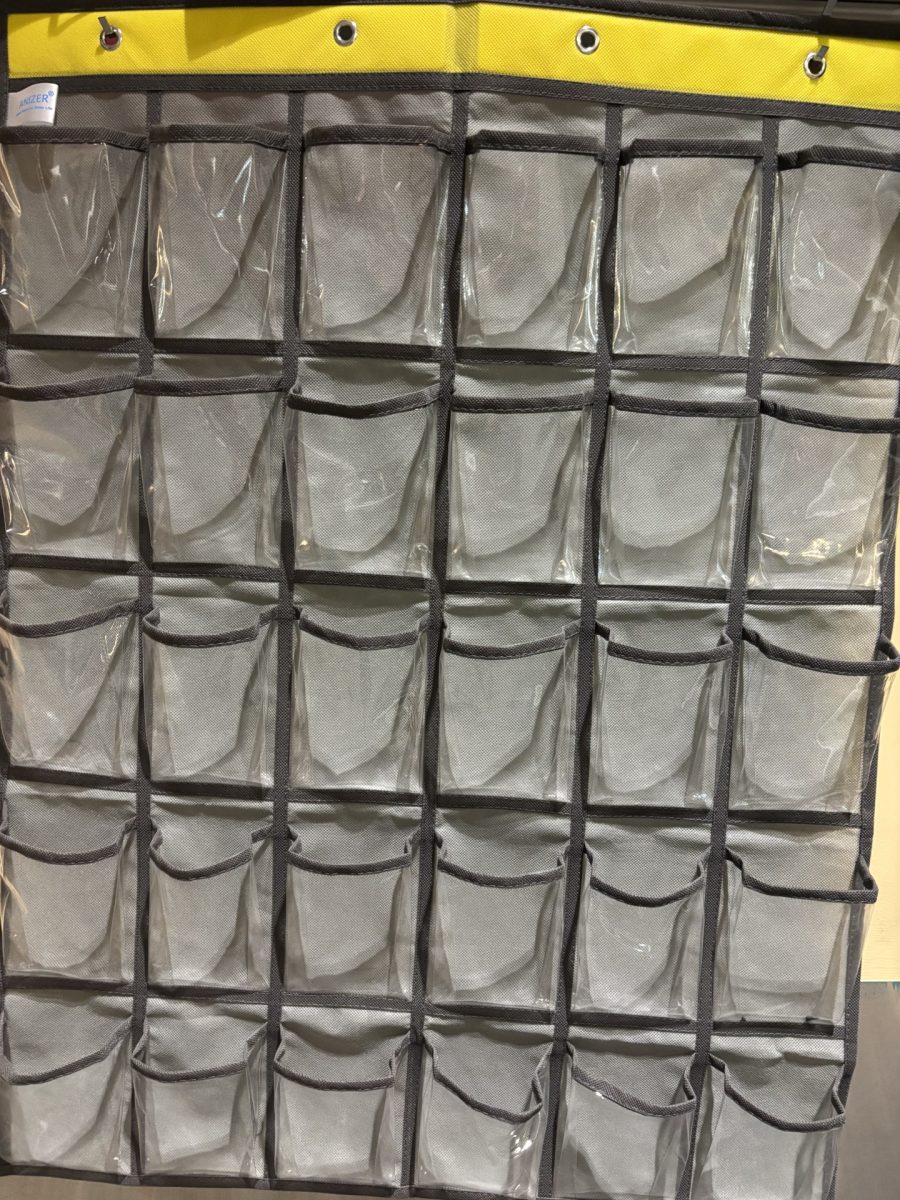In today’s world where we are all scrolling through social media our instinct has become as neutral as breathing to scroll down through Instagram or Tik Tok, the dark reality of it all is being ignored and social media has taken a serious toll on the mental health of students, myself included. What once was a way to escape reality and catch a break, it has now become a negative source that is causing stress and anxiety for a lot of students and younger people. The time has come to face reality and really make a change.
If we are honest with ourselves, we will see that social media isn’t about posting pictures or sharing memes. It’s turned into this stage where students are often pressured to show the world a perfect life. If you really think about it, you will realize that everytime you open a social media platform you see these perfect images that everyone is trying to create for themselves and these make you feel as if you aren’t good enough. To teenagers, who already don’t have a good grasp of their identities, all this comparison could be pretty overwhelming. There was a study held in 2022 by JAMA Network Open and it reported that teens who spend more than three hours a day on social media are more likely to experience depression and anxiety. This is not just a statistic but it’s actually the snapshot of daily challenges which a large number of students face.
That nit picked perfectionism that we see online is harmful and unrealistic and it’s a recipe for self doubt. Students witness picture after picture of perfect bodies and perfect lives and that makes students feel as if they don’t meet that standard and makes them question their self worth. The Royal Society for Public Health reports that such comparisons more often than not result in body dissatisfaction and low self esteem. It is the brutal truth that students are feeling worse about themselves because of what we are seeing on our screens.
There’s also the issue of addiction. Social media is designed to keep you hooked, wanting to scroll more and more. Those endless scrolls and notifications are more than just distractions, but they can actually interrupt your sleep and attention. The blue light from our screens can disrupt sleep patterns which only adds to the anxiety and depression that comes from social media. For us students, we already have enough stress about school and what comes after that, life, which is one more thing that we have to deal with so we resort back because it feels as if it’s a comfort.
We continue to ignore the modern damage of cyberbullying, which doesn’t stop after the school finishes. Unlike traditional bullying, cyberbullying follows students right into their homes and is accessible 24 hours a day. According to one recent study that was held by the Cyberbullying Research Center in 2021, more than 37 percent of the time students have been targets of online harassment. Now imagine the impacts on mental health us students would experience when the viciousness and negativity are inescapable even when we are in our own houses.
There are several different approaches to take when trying to figure out what we should do about this, but it’s not just one thing that’s going to fix this problem. Schools need to teach students the importance of what is posted and said on social media. That way we can help each other understand how to use social media responsibly. Parents can help out with this by setting limits on screen time and talk openly about the pressures and downsides of peoples online lives. Policymakers who will have to advocate for even more regulations that help in keeping young users safe from the dark side of social networking.
While social media has its good side, the damage it’s causing to students’ mental health is something we can no longer ignore. It is time we faced the reality of what it does and started taking some practical and realistic measures toward making us students a little safer and happier. We owe it to ourselves and our classmates to ensure at least that the digital world complements their life and well being rather than destroying it. So if you’re going online anyway, comment on one person’s post–someone at school who you might think of as a friend or maybe a future friend. Say something nice and lift them up because they’re probably facing battles of their own.


